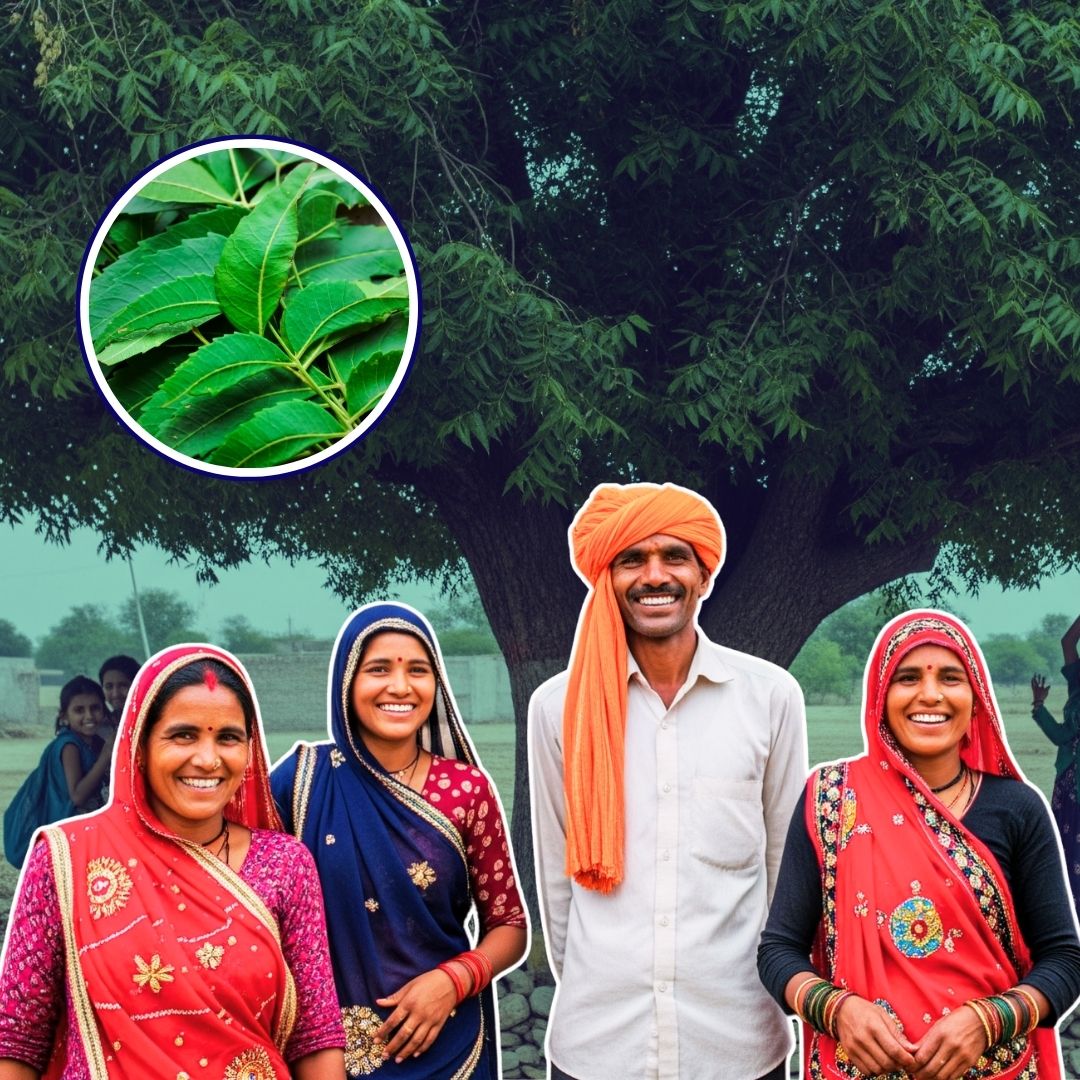Padampura village, located in Rajasthan’s Ajmer district, has preserved its neem trees for over 700 years, enforcing strict community rules that prohibit felling, damaging, or even plucking a leaf from these trees.
This unique tradition, rooted in deep cultural and ecological respect, has transformed the village into a rare green oasis in an otherwise arid landscape, drawing praise from environmentalists and state officials as a model of grassroots conservation.
Sacred Groves: The Heart of Padampura’s Tradition
In Padampura, neem trees are not just part of the scenery—they are revered as protectors and ancestors. Breaking a branch or harming a tree is considered a serious social offence, and these norms are passed down through generations.
The result is a thriving canopy that offers shade, supports local biodiversity, and improves air quality, making Padampura stand out starkly against the backdrop of Rajasthan’s desert terrain. The Rajasthan Forest Department has acknowledged the village’s outstanding commitment, with a senior official stating, “Padampura’s example shows how traditional values can drive effective conservation and help combat desertification.”
Deep Roots: Cultural Heritage and Environmental Impact
Padampura’s ethos is part of a wider tradition of sacred groves and “Orans” found throughout Rajasthan, where trees like neem, khejri, and peepal are protected due to religious and cultural beliefs. Historical accounts and recent ecological studies highlight that such groves not only conserve biodiversity but also play a vital role in groundwater recharge and drought prevention.
The village’s approach mirrors that of the Bishnoi community and other groups who have, for centuries, enforced bans on green felling—only permitting the removal of dead wood. This has ensured the sustainability and continuity of these green sanctuaries, even as much of the surrounding region faces increasing environmental pressures.
The Logical Indian’s Perspective
Padampura’s story is a testament to the power of collective responsibility and traditional wisdom in protecting nature. In a time when India and the world are grappling with climate change and shrinking green cover, the village’s example offers both hope and practical lessons.
At The Logical Indian, we believe that recognising and supporting such grassroots efforts is essential for building a sustainable future.












